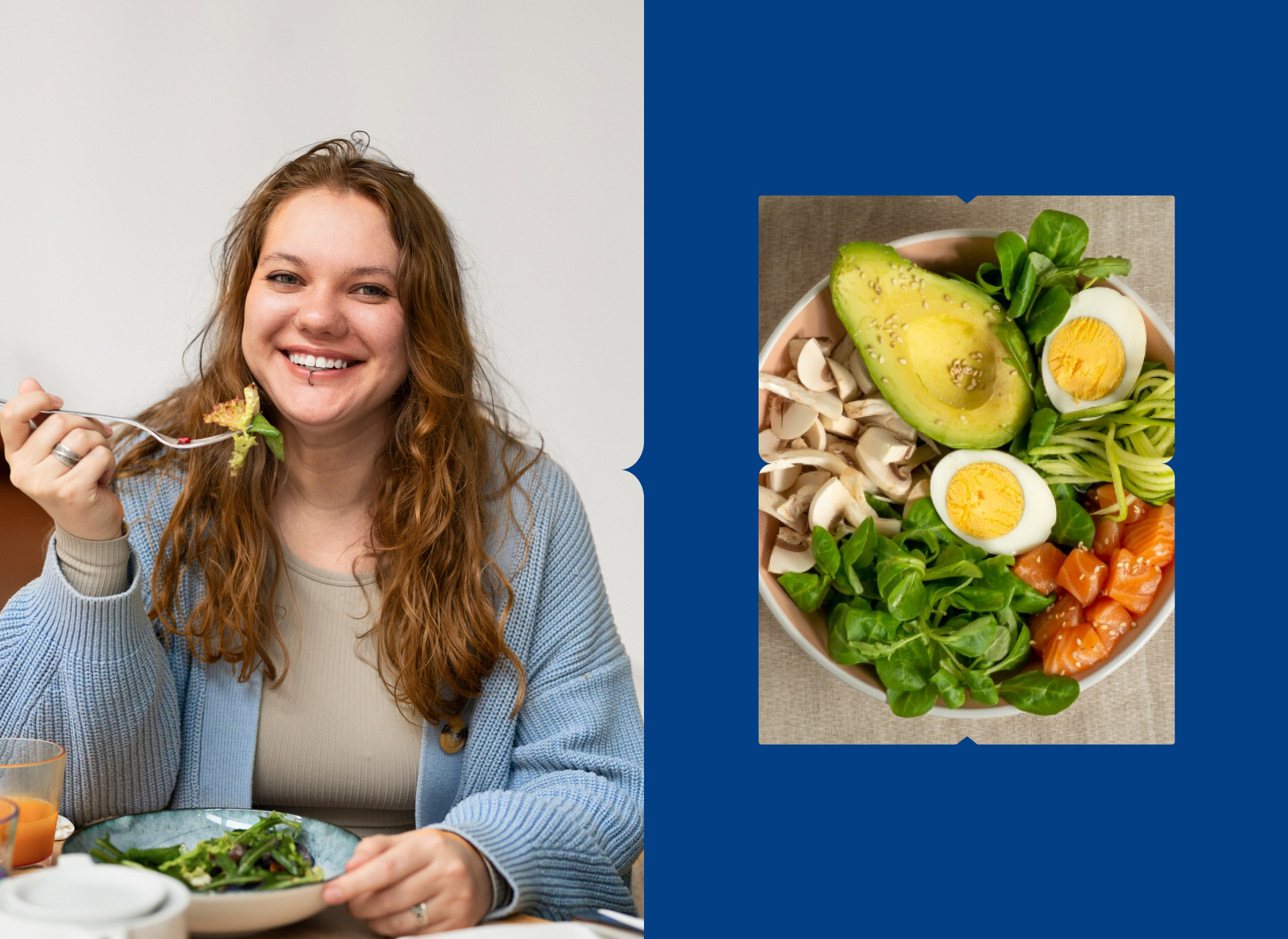We live in times fraught with insecurities. Wars and conflicts, economic challenges, career concerns, inflationary pressures, and, on top of it all, our addictive dependence on gadgets all translate into complex challenges for our health and well-being [8]. It requires us to take a step back and reassess how our lifestyle has evolved in response to the complexities of modern life [1]. Undoubtedly, there's a need for change in our behaviors, and experts underline the need to educate people about the role healthy behavior can play in preventing or delaying disease.
It's no secret that we live in challenging times, where our priorities for personal health and well-being often take a backseat.
Behavior change may not be easy to achieve, but it is very much attainable if approached properly. It comes in small installments and needs cultivation. Clinical care and innovation expert Scott Young insists a healthy behavior change is about making healthy choices easy. Simple measures, he says, like a walking meeting, healthy food options on the menu, or having well-lit staircases at office buildings, could prompt a positive change in an individual.
Habit-forming actions are simple and achievable.
Les Robinson, the director of Enabling Change [5], an Australia-based social change consultancy, also seconds the idea that change calls for a conducive environment: "…people change their own behaviors. Our role is to create an enabling environment and provide opportunities for people to become inspired by what their peers have achieved."
It is, therefore, for the people themselves to create opportunities and adopt habits in the interest of their personal health and wellness. Instead of spending hefty amounts of money on treatments, recovery, and rehabilitation, it makes better sense to adopt a set of healthy practices that prevent and preempt disease. And it does not have to translate into big targets or unrealistic resolutions that eventually end up being unfulfilled.
It goes without saying: prevention is better than treatment. Make healthy choices for a healthier future.
Arianna Huffington of Thrive Global [6] asserts it is all about microsteps, which she describes as the building blocks of habits that promise better health outcomes. LifeStance Health [4], a company that deals in mental, behavioral, and emotional wellness, recommends a set of small steps one can take right away. These could be anything like committing to sleep early, bringing one healthy change in meals, journaling about one's feelings, taking a walk, calling a supportive friend, etc. Microsteps like these lead to long-term changes and yield positive outcomes.
Start by incorporating small incremental changes (microsteps) for a lasting positive impact on your health.
B. J. Fogg, a Stanford Behavioral Scientist [3], has created a framework of what he calls "tiny habits" that lead to a lasting change. In his book Tiny Habits (2020), Dr. Fogg puts forth "The Fogg Method," which he explains in the form of a simple B = MAP equation. "Behavior (B) happens when Motivation (M), Ability (A), and a Prompt (P) come together at the same moment."







.jpg)




